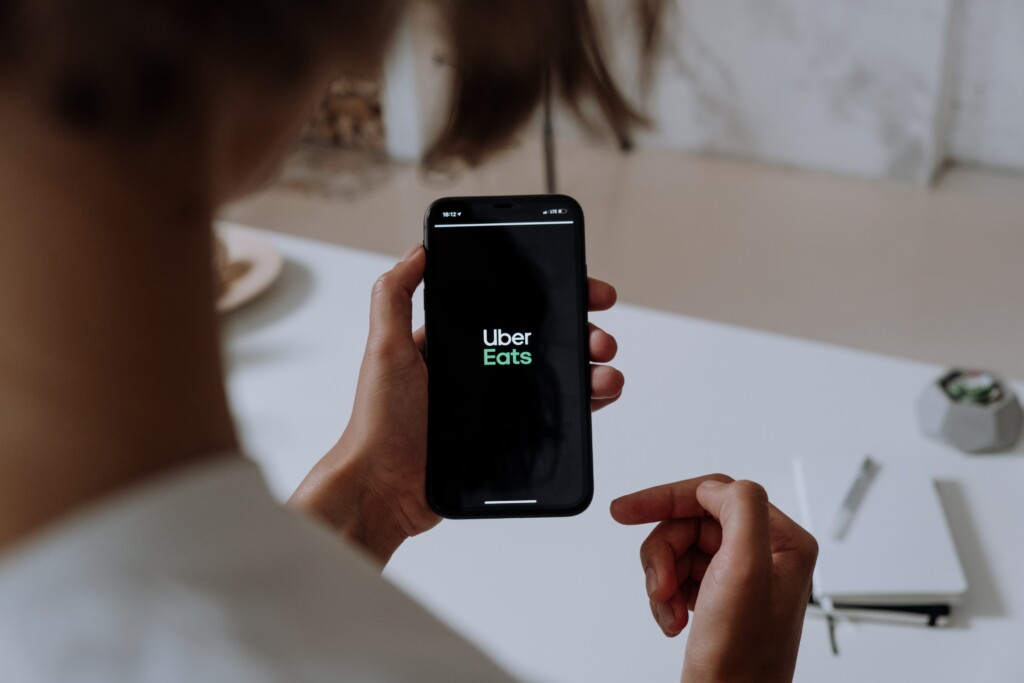Uberization: the Italian justice system sentences home delivery platforms
After an investigation opened in 2019, the Milan Public Prosecutor’s Office has sentenced the home delivery platforms Foodinho-Glovo, Uber Eats Italy, Just Eat Italy and Deliveroo Italy to a global fine of 733 million euros for mischaracterization of the employment contracts concluded with the delivery workers
While the phenomenon of uberization is expanding in Europe through successive confinements and the health crisis COVID 19, the Italian justice has taken up the issue of the employment of delivery drivers by online ordering platforms and home delivery. It has sentenced the platforms with a majority of activity in Italy.
In a press release, the Milan public prosecutor’s office considers that “it is essential to proceed with a modification of the contract” binding the deliverymen to the employer because “it is not an autonomous and occasional service but a coordinated and continuous service“. It has consequently imposed on the above-mentioned platforms a “reclassification of the contract” for the benefit of the deliverymen (60,000 people are concerned), who will no longer be paid according to their performance but will receive a fixed remuneration.
The Italian justice has imposed regularization within the next 90 days and a retroactive payment of the contributions that the deliverymen should have received as employees.
This is not the first time in Europe that the courts have intervened in this matter, since one of the first positions was taken by the French[1] Court of Cassation, which recognized the status of employee to a bicycle delivery driver who was also acting for a digital platform (“Take Eat Easy“).
The Court had indeed held that “the judges could not dismiss the qualification of employment contract because on the one hand, the application was equipped with a geo-localization system allowing the company to follow in real time the position of the courier and to count the total number of kilometers travelled. This means that the role of the platform was not limited to putting the restaurant owner, the customer and the courier in contact with each other, and, secondly, that the company had the power to sanction the courier, findings which led to the existence of a power of direction and control over the execution of the courier’s service, characterizing a subordinate relationship.”
This position was confirmed by the Paris Court of Appeal, which ruled that the link between a driver (self-employed) and the UBER company was an employment[2] contract.
“The vast majority of delivery drivers work under autonomous and occasional employment contracts” but the investigation “established that this qualification […] is belied by the reality of the facts”, explains the Milan prosecutor’s office. “Home delivery workers cannot be treated as slaves, they are usually foreign citizens legally resident in Italy, citizens who are denied a future,” said Prosecutor Francesco Greco.
UGGC and its team of lawyers specialized in digital law are at your disposal to assist you in protecting your legal and economic interests.
By the IP/IT team of UGGC Law Firm
Source : Maxi-indagine sui rider a Milano, obbligo di assumerne 60mila e multe sulla mancata sicurezza per 733 milioni alle società. Greco: “Non sono schiavi ma cittadini” La Repubblica, 24 février 2021
[1] Cass. Soc., 28 novembre 2018, n°17-20.079, confirmé par Cass. Soc. ; 4 mars 2020 n°19-13.316
[2] CA Paris, 10 janvier 2019, n° RG 18/08357
